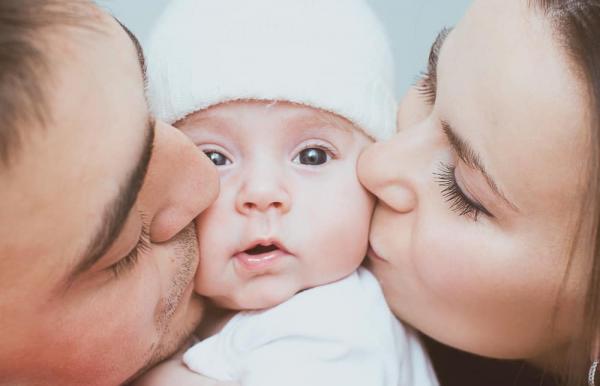
Isn't it great when science validates something we intuitively know? Such is the case with Dr. Michael Meaney, a professor at McGill University with an interest in maternal care, stress and gene expression. In the Annual Review of Neuroscience, he published work centered on the natural variation in licking and grooming by mother rats. He found that the kind of care mother rats provided to their offspring actually altered the genes responsible for the rat pups' stress responses.
The rat pups who experienced more licking and grooming were identifiable by the anatomy of their brains! When Meaney followed the rat pups into adulthood, he found that those who were licked and groomed were better at completing mazes and even lived longer. Why? The pups who were licked and groomed produced fewer stress hormones when faced with challenges. The licking and grooming provided to rat pups served as a protective factor and prepared them to manage stressors into adulthood.
In humans, when our brains are bathed for too long in stress hormones, we are always "on alert" and anxious, exposing us to increased risk of mental health issues, heart disease or diabetes. We want our stress hormones to kick in when we are in danger, then dissipate.
So, what do rat parents and human parents have in common? The capacity to provide affection and physical touch to their offspring. Dr. Meaney uses the implications of his work to note how important a mother's mental and physical health is - it largely defines the quality of mother-offspring interactions. Of course, this is true of all primary caregivers - whether they be biological mothers or not. In subsequent research, Dr. Meaney paired mother rats who scored high on licking and grooming with rat pups who were not their biological pups, and he found the same positive results. As caregivers, we all have daily opportunities to engage with our children in ways that will better prepare them to ride the wave of adulthood in an emotionally healthy way.
What does "licking and grooming" look like for humans? Good question. It's likely that you're already doing it. For example, lotioning your child after a bath and playing patty-cake or "this little piggy."
"Theraplay" is a clinical intervention focused on building attachment between parents and children. One of the domains of focus is nurture, which is all about physical touch and showing children that they are worthy of good care. Some Theraplay activities include: lotioning (which can also be used with older children by placing dots of lotion along the arms or face and slowly rubbing in each dot), creating a secret handshake with your child, giving your child a manicure or pedicure with a focus on physical touch, face painting, thumb wars, mirroring and peek-a-boo. Use your finger to draw letters on your child's back and see if he can guess the words. Create variations of songs for your child.
As you can see, many of these activities are built into the way we interact with children already. Being conscious about including them in your daily routines will benefit both you and your child. So, the next time you snuggle a newborn or force your third grader into a hug, feel proud that you are having an impact - on a cellular level!

